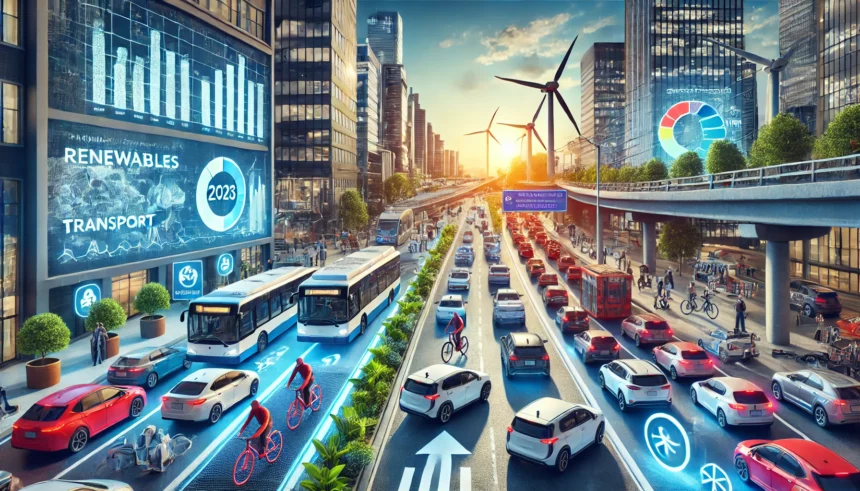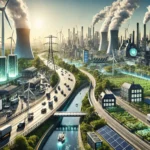The latest Renewables Global Status Report (GSR) 2023 by REN21 has some eye-opening insights. The report delves into global trends and future prospects of renewable energy across buildings, industry, transportation, and agriculture.
Promising Trends in Renewables
The GSR 2023 report shows a positive trend in renewable energy uptake across all sectors analyzed. This shift is largely due to the energy crisis, rising fossil fuel prices, and the urgent need to address climate change. Here’s a quick look:
- Buildings: Increasing adoption of solar panels and energy-efficient designs.
- Industry: A significant shift towards green manufacturing practices.
- Agriculture: Growing use of bioenergy and solar power in farming operations.
Transport Sector Lagging Behind
Despite these advances, the transport sector is lagging in renewable energy adoption, with only 4% of its energy coming from renewables. This is concerning given that transport is the fastest-growing energy-consuming sector. Let’s break down the numbers:
- Road Transport: Responsible for nearly 78% of energy use in 2021.
- Rail Transport: Only accounted for a mere 3% of the energy use.
Why is this a Problem?
The heavy reliance on fossil fuels in transport leads to significant carbon emissions. To address this, the report emphasizes the need for “avoid-shift-improve” strategies:
- Avoid: Reduce the need for motorized transport.
- Shift: Encourage less energy-intensive modes like walking, cycling, and rail.
- Improve: Enhance the energy efficiency of vehicles.
Railways Leading by Example
There are promising examples in the rail sector showing a commitment to renewable energy:
- French National Railway (SNCF): Signed a 25-year solar power purchasing agreement aiming for 40-50% renewable energy by 2026.
- Austrian Federal Railway (ÖBB): Announced a €1 billion investment in hydroelectric, wind, and solar projects in 2022.
Challenges and the Way Forward
To make the transport sector more sustainable, continued electrification is essential but not enough. Key challenges include:
- Subsidized Fossil Fuels: These subsidies distort the market, making renewables less competitive.
- Policy and Financial Support: Greater effort is needed from policymakers and financial stakeholders to support renewable initiatives.
Future of Sustainable Transport
The rail sector’s ongoing efforts to increase energy efficiency and use renewables, such as batteries and hydrogen, highlight its commitment to climate resilience and sustainability. These efforts align with the UIC Vision 2030 and the More Trains campaign, promoting a low-carbon future.
















